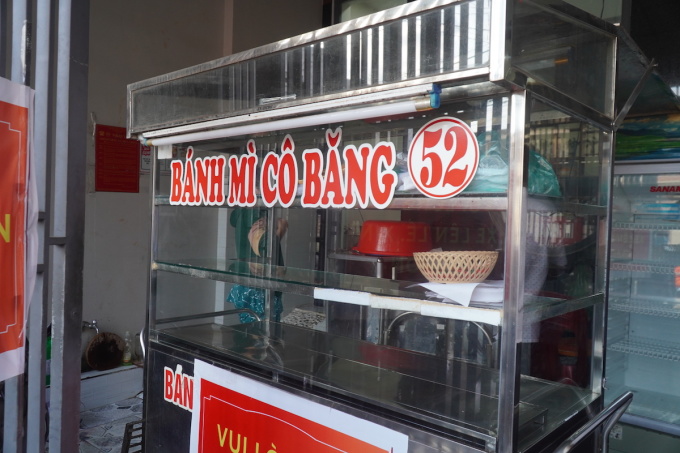Child in Dong Nai banh mi poisoning case dies
Doctors at Children’s Hospital 1 in Ho Chi Minh City confirmed with the press on Monday morning that the boy could not make it after almost one month treated in the ICU.
The boy was transferred from Dong Nai Children’s Hospital in HCMC on May 4 in a state of cardiac arrest, severe septic shock, multiple organ damage, and requiring mechanical ventilation and dialysis.
At HCMC Children’s Hospital 1, doctors continued resuscitation and dialysis and provided mechanical ventilation, but his condition was too critical.
The child was one of 568 people suffering food poisoning after consuming banh mi at the Bang shop in HCMC-adjacent Dong Nai Province on the two days of April 30 and May 1.
According to family members, he had banh mi from the eatery on the evening of April 30, and the next day, he vomited and had loose stools but was not hospitalized immediately.
On May 2, he vomited more and had seizures, and was taken to Long Khanh District General Hospital in a state of coma, cyanosis, cardiac arrest. He was then transferred to Dong Nai Children’s Hospital.
The Dong Nai Department of Health announced on May 7 that samples collected from the 568 people, including the boy, revealed the cause of food poisoning as Salmonella and E.colibacteria.
Salmonella bacteria has been determined to be one of the top causes of diarrhea globally, including in mass poisoning cases, according to the World Health Organization.
The bacteria can cause dehydration, hypotension, multiple organ failure and even death. They thrive in hot and moist environments, and one can contract them through consumption of contaminated food.
E.coli is a common bacteria found in fresh food products, such as meat, milk, juice, cheese, fruits and vegetables.
Compared to E.coli, Salmonella bacteria causes more severe and dangerous symptoms.
Samples collected from food from the banh mi shop contained both Salmonella and E.coli.
All other patients have recovered from the incident.
During the last week of April, temperature in Dong Nai Province rose to as high as 38 degrees and real temperatures outdoor were four-five degrees higher.
Many have assumed the heat caused the ingredients to be spoiled, creating conditions for bacterium to spread.
Police launched an investigation into the case last month and have yet to make any conclusions.
(function(d,s,id){var js,fjs=d.getElementsByTagName(s)[0];if(d.getElementById(id))return;js=d.createElement(s);js.id=id;js.src=”






